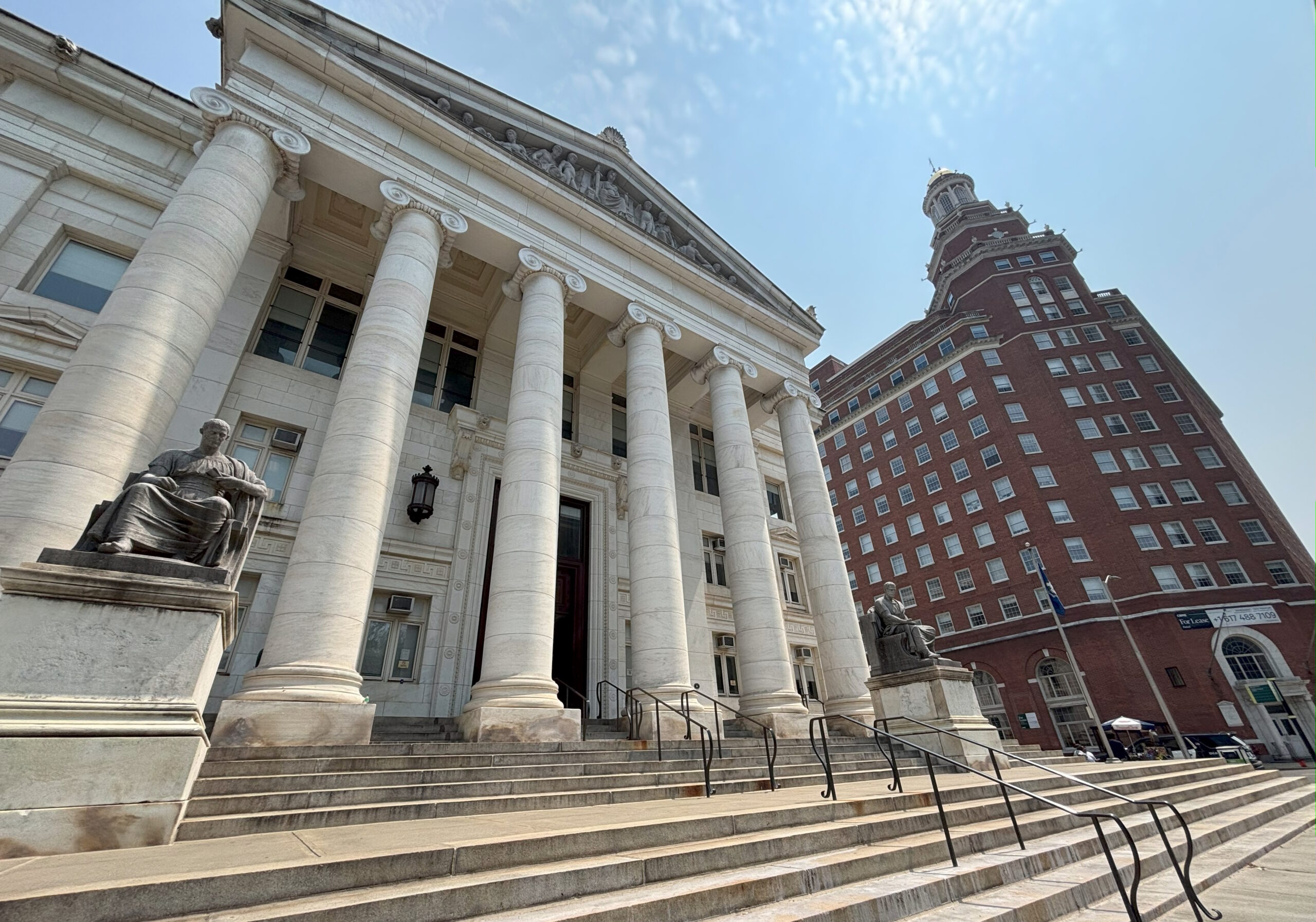Few areas of law offend our notions of private ownership of property like criminal asset forfeiture. Under both Connecticut and federal law, the government may seize property connected to criminal activity without any form of compensation. These cases often involve offenses like the distribution of illegal drugs, racketeering, money laundering, embezzlement and theft.
Many people who are involved in an asset forfeiture case are shocked to learn that their assets can be seized—and the seizure upheld–even if they had no knowledge that their property was somehow connected to illegal activity. For example, under both federal and Connecticut law, civil forfeiture actions may be initiated against any property used or to commit or facilitate the commission of the sale of illegal drugs. For example, if your teenager deals drugs out of your home without your knowledge, it is possible that your home may be seized by the government – provided that the prosecutor can show that you should have known the criminal activity was occurring.
Asset Forfeiture Does Not Require a Judge’s Approval – at First
While it may seem contrary to everything you’ve ever learned about due process and the ownership of private property, federal and Connecticut law allows the police to seize your personal property (as opposed to real estate), if they believe it was possessed, controlled, designed, used, or intended for use during the commission of a criminal offense other than a drug-related offense – so long as the seizure occurs as a result of lawful search or arrest. A court must then determine whether the seizure was valid by “clear and convincing” evidence – a lower standard that “beyond a reasonable doubt.”
Connecticut Recently Curbed the Use of Asset Forfeiture
Asset forfeiture has come under increased scrutiny in recent years, particularly due to the fact that many government agencies are experiencing windfalls from the seizure of private property. In fact, according to a piece in Forbes, police and prosecutors collected in excess of $17.8 million between 2009 and 2016 – with almost two-thirds of that amount coming from civil forfeiture cases in which the property owner did not need to be convicted of a crime in order for lose his or her property.
Hailed by many as a step in the right direction, Connecticut Governor Malloy signed HB 7146 into law in 2017, limiting when the state can permanently seize assets. Under the new law, property can still be seized in connection with a lawful arrest or a lawful search that results in an arrest, but must be returned unless the underlying criminal case results in a guilty verdict, plea bargain, or a dismissal of the case pursuant to the defendant’s completion of a pretrial diversion program.
How Our Lawyers Can Help
If you are facing criminal charges and/or an asset forfeiture case, our legal team may be able to help. Some of the ways in which we may be of assistance include:
- Determining whether the search or investigation that led to your arrest violated state or federal law
- Negotiating a favorable plea bargain with the prosecutor handling your case
- Challenging the state’s claim that your property was connected to criminal activity
- Demonstrating that you had no reason to suspect that your property was connected to criminal activity
- Defending you of the underlying criminal allegations of which you are accused
Call Koffsky & Felsen, LLC to Speak to a Connecticut Asset Forfeiture Lawyer Today
Criminal asset forfeiture can result in the loss of substantial assets—even if you haven’t done anything wrong. In addition, because the process is complex, many people caught up in asset forfeiture proceedings have no idea how to protect their assets. Fortunately, help is available. The experienced legal team at Koffsky & Felsen, LLC is committed to protecting the rights of people facing asset forfeiture and will review the facts of your case at no cost to you. To schedule your case evaluation with one of our attorneys, call our office today at 203-327-1500 or send us an email through our online contact form.




